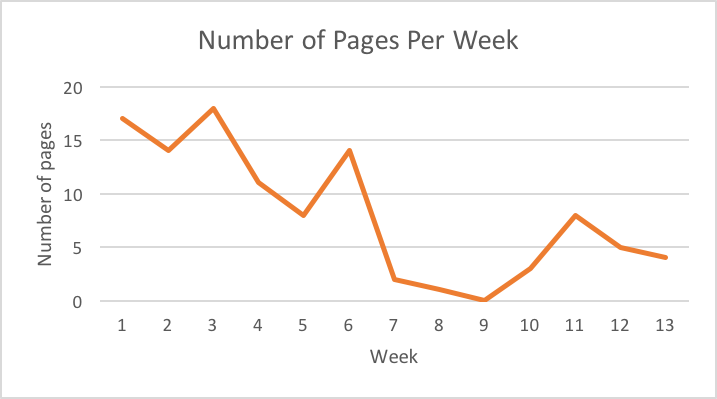PS5-01: ESTABLISHING PROTECTED EDUCATION TIME FOR GENERAL SURGERY RESIDENTS
Lauren Huckaby, Anthony Cyr, Jennifer Steiman; University of Pittsburgh
Introduction: Due to the demanding patient commitments of surgical training, it is often difficult for residents to be fully immersed in learning during education sessions. Prior reports have demonstrated that protected time away from clinical duties may enhance learning. We sought to evaluate a system in which residents turn in pagers for the duration of a 4-hour weekly education block to promote an uninterrupted learning environment and offload clinical responsibilities.
Methods: A 13-week program was initiated in July 2018 at an academic training facility with 50 surgical residents. Pagers were voluntarily collected from 7-11 AM during the weekly educational period. Pages received were answered promptly by a board-certified faculty member and were triaged to be non-urgent, urgent or emergent. Non-urgent calls were recorded on paper for the corresponding resident to address at the conclusion of the conference. Urgent calls were directed to the next point of contact. For emergent calls, the appropriate resident was immediately notified and asked to step out of conference to promptly address the issue.
Results: The number of pagers submitted for coverage ranged from 3-18 per week. A total of 104 pages were received over the 13 weeks, with an average of 8 pages per session. A higher number of pages per week was received at the start of the program (n=16) compared to the end of the program (n=4) [Figure 1]. We suspect callers became aware of the program and were less inclined to contact the resident, unless urgent. The busiest hour was from 8-9 AM, where 32/104 pages (31%) were received. Only 4 pages (4%) required immediate attention from a resident due to a medical emergency (e.g. acute abdomen, pneumothorax, pulmonary embolus). Ninety-one pages received were for non-urgent matters (88%), with a downward trend over time.
Conclusions: Establishing a pager program to promote protected education time free from interruption by service requests does lessen disruptions. The majority of pages received were non-emergent, which would have unnecessarily disturbed learning. Future work will focus on the impact of this protected time in terms of resident satisfaction, test scores, attendance, and weekly curricular participation overall.

